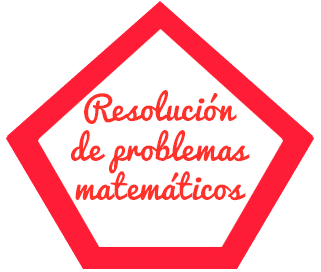

Why?
It approaches mathematical concepts in a systematic, engaging and enjoyable way and focuses each lesson on a specific learning objective.
"Thinking schools, learning nation".
For what purpose?
To develop critical thinking and improve the intellectual competencies of the individual by working on 21st century skills: collaborator, communicator, creative and critical thinker.
What is the approach?
Emphasis on problem solving (not on mechanics, procedures or formulas).
Development of abstract thinking.
It focuses on the development of critical thinking, understanding of concepts and problem solving. "When you change the way you think, you build knowledge and increase your ability to learn".
1. Abstract Graphical Concrete Approach:Allows the learner to approach mathematics in a meaningful way through concrete activities, before progressing to graphical and abstract representations. This allows the student to understand mathematical concepts before learning the "rules" or predetermined expressions.
- The student's first contact with mathematical concepts is through the use of manipulatives.
- Subsequently, the student progresses to the graphic phase, in which drawings are used to pose problems.
- When the student is familiar with the ideas presented, he moves on to a more advanced or abstract phase, in which only numbers, notations and symbols are used.
2. Spiral progression: New mathematical concepts are introduced through a spiral progression reinforcing the previous concepts explained and mastered. Structured activities help to consolidate the mathematical concepts learned. The spiral progression also allows to review the most important mathematical concepts and at the same time to extend them.
Metacognition: Refers to people's ability to monitor their own thought processes. By teaching students to be aware of the strategies they use to accomplish a task, we will get them to think of alternative ways to solve problems and promote logical thinking.
Attitudes:
Beliefs, Interests, Understanding, Confidence, Perseverance, Collaboration, Cooperative Work
Skills:
Numerical computation, Algebraic manipulation, Spatial visualization, Data analysis, Measurement, Tool usage, Mathematics, Estimation

Concepts:
Numerical, Algebraic, Geometrical, Statistical, Probabilistic, Analytical
Metacognition:
Monitoring of one's own thinking
Self-regulation of learning
Processes:
Reasoning, communication and connections
Analytical and heuristic skills
Application and modeling
"Mathematics is an excellent vehicle for the development and enhancement of intellectual competencies from a person in logical reasoning, special visualization, analysis and abstract thinking."




